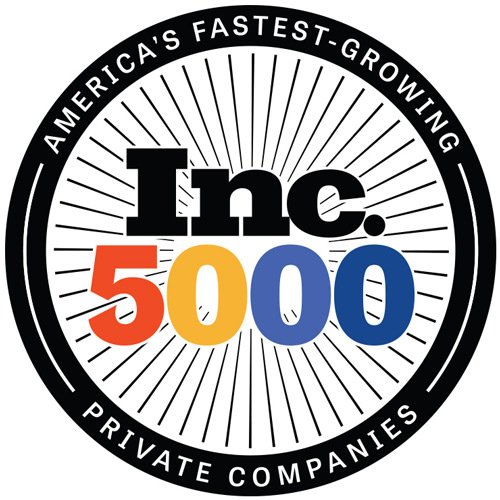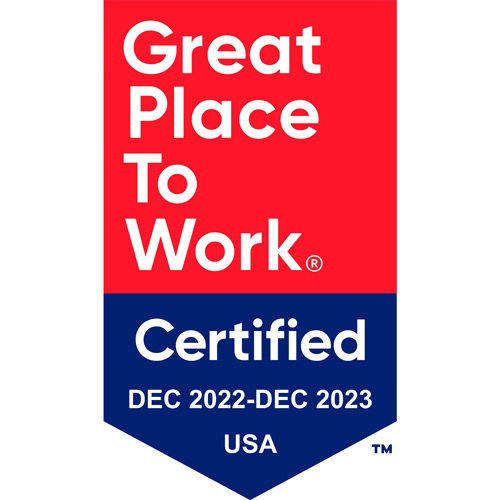Quality Control in Pharma: Ensuring Safety and Efficacy
- PM
- February 2, 2024
- Edited February 2, 2024
Table of Contents
In today’s fast-paced world, healthcare remains a top priority, making the understanding of pharmaceutical regulatory compliance crucial for anyone involved in the healthcare and pharmaceutical industries. This guide aims to simplify the complexities surrounding this vital area. As medicine and technology rapidly advance, staying informed and compliant with regulations that safeguard our health and ensure the efficacy of pharmaceutical products becomes essential. This guide, tailored for both seasoned professionals and newcomers, provides clear, accurate, and useful information to help you understand the essentials of pharmaceutical regulatory compliance.
Understanding the Basics of Pharmaceutical Regulatory Compliance
At the heart of ensuring safe and effective medicines, we find the fundamentals of pharmaceutical regulatory compliance. This compliance framework, far from being a mere set of rules, plays a crucial role in protecting public health. Regulatory bodies such as the FDA in the United States, EMA in Europe, and other international organizations set these regulations. They cover everything from drug development to clinical trials, manufacturing, marketing, and post-market surveillance. Understanding these basics marks the first step towards ensuring that pharmaceutical products meet the highest safety and efficacy standards.
The Role of Quality Assurance in Pharmaceutical Regulatory Compliance
Quality assurance stands as a vital component in pharmaceutical regulatory compliance. This process ensures products are consistently produced and controlled according to quality standards. It involves regular inspections, audits, and reviews to ensure pharmaceutical products comply with regulatory requirements. Quality assurance also encompasses validating processes, maintaining cleanliness in manufacturing environments, and testing raw materials and finished products. A robust quality assurance program builds trust with consumers and healthcare professionals, going beyond meeting regulatory demands.
Navigating Regulatory Audits and Inspections
Successfully navigating through audits and inspections forms a critical aspect of pharmaceutical regulatory compliance. Regulatory authorities conduct these inspections to ensure pharmaceutical companies maintain compliance standards. Preparing for audits, understanding inspectors’ expectations, and responding effectively to findings are essential. More than just passing an inspection, it’s about demonstrating a commitment to quality and safety. A proactive approach to regulatory audits and inspections helps maintain compliance and identify improvement areas.
Keeping Up with Changes in Pharmaceutical Regulatory Compliance
In the pharmaceutical world, regulations are constantly evolving to match scientific advancements and societal needs. Staying up-to-date with the latest changes in pharmaceutical regulatory compliance is not just a legal requirement but also a strategic asset. This process involves engaging in continuous learning, attending seminars, and collaborating with regulatory bodies and industry peers. Companies need to adjust their practices and policies to align with these evolving standards, ensuring their products remain safe, effective, and compliant. Therefore, staying current with these changes proves crucial for any pharmaceutical entity’s long-term success and reputation.
The Impact of Technology on Pharmaceutical Regulatory Compliance
Technology significantly influences pharmaceutical regulatory compliance. The introduction of digital tools and software has brought a revolution in how companies manage compliance. These technologies provide efficient solutions to complex regulatory challenges, including electronic record-keeping and automated tracking and reporting systems. They enhance accuracy, streamline processes, and maintain transparent, traceable compliance records. Embracing technological advancements is crucial for staying ahead in a highly regulated industry and ensuring adherence to stringent standards.
International Considerations in Pharmaceutical Regulatory Compliance
Pharmaceutical regulatory compliance is a global issue, extending beyond national borders. Companies operating internationally face the challenge of complying with various regulatory environments. Understanding and adhering to the regulations of different countries is essential for gaining global market access. This includes awareness of international guidelines from organizations like the World Health Organization (WHO) and the International Council for Harmonisation of Technical Requirements for Pharmaceuticals for Human Use (ICH). Adapting to international standards means understanding diverse regulatory frameworks and respecting cultural and ethical considerations in global healthcare.
Conclusion
Pharmaceutical regulatory compliance is a dynamic and essential field, requiring ongoing dedication and adaptability. From mastering the basics to embracing technological advancements and navigating international regulations, commitment to compliance signifies a commitment to quality, safety, and efficacy in the pharmaceutical industry. Staying informed, leveraging technology, and understanding the global landscape enable companies to not only meet regulatory standards but also contribute positively to public health. This guide serves as an informative starting point for anyone looking to engage with the ever-changing world of pharmaceutical regulatory compliance, a field at the crossroads of science, law, and ethics, playing a crucial role in advancing global healthcare.
Read More:
Pharma Regulatory Consulting



